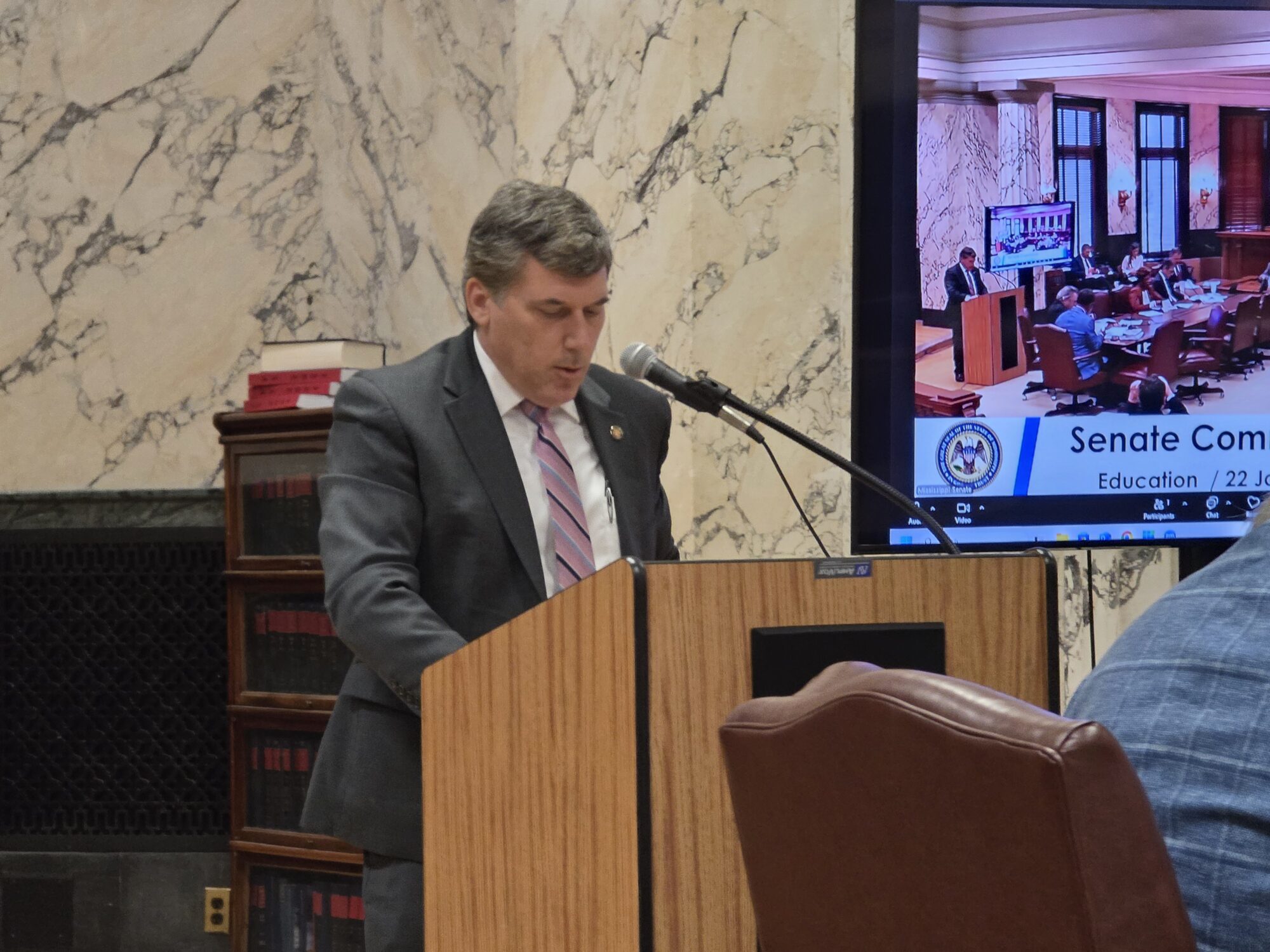Immigration Post-Mortem
The debate on bringing an immigration reform bill to the floor of the U.S. Senate was the most passionate and the most volatile since I’ve been your Senator. Now that the dust has settled, I wanted to step back and explain to Mississippians why I worked to help find a solution to the problem of illegal immigration that has impacted our country now for decades.
The problem is a daunting one. The status quo of having 12 to 20 million illegal aliens in our country and more coming across our borders every day is unacceptable, both on national security and economic grounds. The Senate, which as a part of the legislative branch has jurisdiction solely for enacting laws, but not administering them, spent years trying to find out why current laws were not being enforced and what further tools the Department of Homeland Security and its enforcement divisions needed to do the job.
The result was the immigration reform bill draft which would have:
• Put border enforcement first by hiring thousands more border patrol agents and building hundreds of miles of physical and high technology surveillance barriers. This, in conjunction with last year’s border security bill, addressed our porous borders.
• Created an employee verification system based on a new, tamper-resistant, encrypted identification procedure that for the first time would have provided a means for employers to know if they were hiring illegal aliens.
• Halted the abuse of chain family immigration, permitting only the spouse and minor children to be united with an immigrant who registered and followed U.S. laws. Currently, extended family members can enter the country.
• Established a truly temporary worker program that used the employee verification system, tied all temporary workers to one specific job, and sent them home after two years. This would have responded to the seasonal and regional needs of some occupations while ending the abuse that over decades has enabled illegal immigrants to overstay their visas.
Most divisive and difficult were the illegal immigrants already in our country. Mass deportation is not a workable solution. Locating and rounding up the millions of illegal immigrants scattered throughout the country would be an impossible task.
The proposal in this bill was to bring them out of the shadows and into a regulated system. This would have allowed law enforcement to know who is in the country and allow immigration enforcement to focus on finding and apprehending violent criminals and terrorists who want to stay hidden from the law. This registration of those already here illegally would have stipulated:
• Avenues to legal status would not have been available to illegal aliens until all border security provisions of the bill were in effect.
• Registrants would be finger printed, undergo criminal background checks, pay fines and administrative costs, pay back taxes and go to the back of the legal immigration line to have any hope of gaining access to a decade-long path to citizenship.
• ANY violation of any immigration rules and law would mean immediate deportation for life.
The bill wasn’t perfect. It was a work in progress. In response to contacts from Mississippians, I was pushing amendments with even more stringent border security provisions and tighter monitoring of those already in the country.
There has not been a significant reform of immigration laws in more than 20 years. That neglect made the challenge more daunting, but it also made the case for why we should try.
From the beginning, the odds were against finding a solution. Congress now is controlled by the Democratic party whose priorities on immigration are far more lenient than those of the Republicans. That this bill was more conservative than last year’s is a testament to just how hard conservative Republicans fought for their reform principles.
I don’t regret trying to find a solution. In the end, I might not have supported this bill, but trying was better than doing nothing, which is what the Senate voted to do on June 28. The illegal immigration status quo remains, and the Senate will not have an opportunity to address it again until 2009. (7/5/07)
Senator Lott welcomes any questions or comments about this column. Write to: U.S. Senator Trent Lott, 487 Russell Senate Office Building, Washington, D.C. 20510 (Attn: Press Office)







